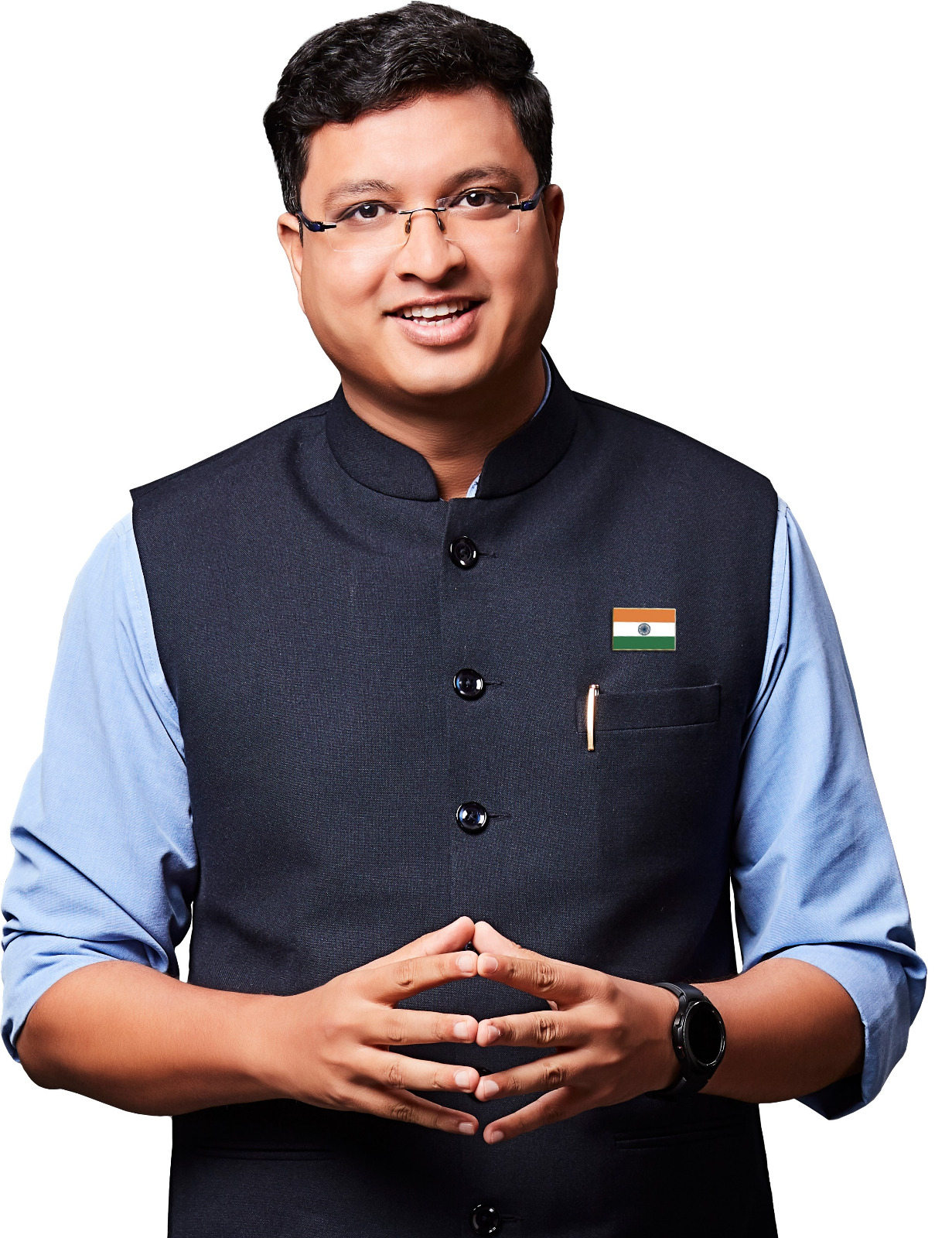
Kota.The National Eligibility cum Entrance Test (NEET UG 2025), India’s largest medical entrance examination conducted by the National Testing Agency (NTA), was held on Sunday from 2 PM to 5 PM. Compared to last year, this year’s paper was relatively more difficult, especially in Physics, which students found tough. Biology and Chemistry were of moderate difficulty. Time management was a major challenge, leading experts to predict a drop in cut-off scores.
Nitin Vijay, Founder and CEO of Motion Education, explained that the exam was of 720 marks and comprised 180 questions—90 from Biology (Zoology and Botany combined), and 45 each from Physics and Chemistry. The difficulty level was higher than in 2024, suggesting that government medical college cut-offs may drop by 40 to 50 marks.
While Biology is usually considered the easiest section in NEET, this year it had lengthy and tricky questions. Chemistry was relatively easier with a balanced mix of questions from Organic, Inorganic, and Physical Chemistry in Sections A and B. Physics emerged as the most difficult, with lengthy numerical and theory-based questions framed in complex ways. Almost all questions were from NCERT textbooks, except one or two reportedly from outside the syllabus. This time, even toppers may find it hard to score full marks.
Challenging Topics in Each Subject
In Physics, questions were asked from chapters like Modern Physics, Mechanics, Laws of Motion, Work-Energy-Power, Rotational Speed, Electrodynamics, Current Electricity, Electrostatics and Capacitance, Dual Nature of Matter, Photoelectric Effect, Nucleus, Optics (Rays and Waves), Thermodynamics, Kinetic Theory of Gases, Semiconductors, and Communication Systems.
In Chemistry, Inorganic questions covered topics like Chemical Bonding, Coordination Compounds, and Periodic Table; Physical Chemistry included formula-based chapters like Mole Concept, Chemical Kinetics, and Thermodynamics; Organic Chemistry involved General Organic Chemistry, Hydrocarbons, and Biomolecules.
Botany had questions from Cell Structure, Plant Physiology, Genetics, and Biotechnology, while Zoology focused on Human Physiology (especially Circulatory, Nervous, and Excretory systems), Human Reproduction, Biomolecules, and Reproductive Health.
Old Pattern Returns: Less Time, No Choice
This year’s exam reverted to the pre-COVID format with 180 MCQs to be solved in 180 minutes, i.e., one question per minute. Unlike previous years where students got 200 questions with choices and 200 minutes, this time no optional questions were provided, adding pressure.
Motion Education Released Answer Key Early
Just two hours after the exam, Motion Education released its unofficial answer key. According to Nitin Vijay, this early release helps students estimate their scores before the official key. The answer key is available at:
🔗 https://motion.ac.in/neet-answer-key-solutions-2025/
Rank & College Predictor Also Available
To help students plan their next steps, Motion has also launched a Rank and College Predictor tool, available at:
🔗 https://motion.ac.in/neet-rank-predictor/
This tool will help candidates estimate their rank and predict which colleges they can get into, assisting them in choosing between preferred colleges and courses.
Exam Conducted Under Tight Security
NEET UG 2025 was held in a single shift across 552 cities in India and 14 international centers. In Kota alone, 32,424 candidates were registered across 73 exam centers, including 32 government and 41 private schools. Entry to exam halls was permitted between 11 AM and 1:30 PM with strict security protocols. Local police and NTA officials ensured thorough checking to prevent any malpractice, especially after controversies in last year's exam.
Result Expected on June 14
NTA is expected to release the provisional answer key first, followed by the final answer key after resolving objections. The NEET UG 2025 result is likely to be announced on June 14.
NEET UG 2025: Exam for 2.5 Lakh Seats
Around 23 lakh students registered for NEET UG 2025. The exam grants admission to approximately 2.5 lakh seats across MBBS, BDS, AYUSH, Veterinary, and selected BSc Nursing courses.
MBBS: 1,18,190 seats (Govt: 58,299, Pvt: 59,891)
BDS: 27,618 seats
AYUSH courses: 52,720 seats
BVSc & AH: 603 seats
BSc Nursing (selected): 1,000 seats
Would you like a social media caption or poster based on this article as well?